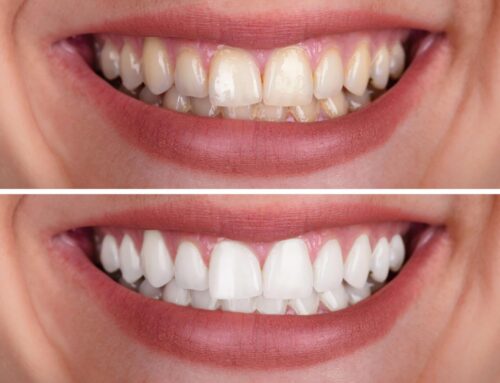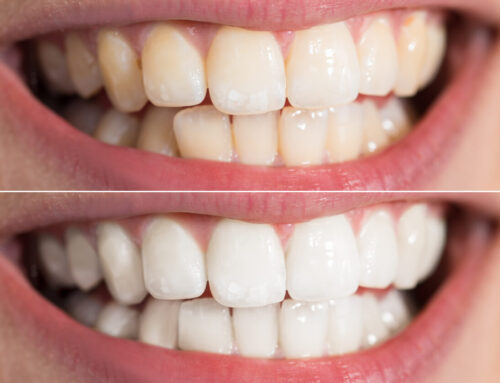 In New Zealand, coffee is engrained into our culture. In 2017, we ranked 13th highest consumers of coffee in the world, beating the Aussies and the USA. We have more roasters per capita than anywhere else across the globe. Studies show that 52% of Kiwis love a good cup of coffee. This means that this article is speaking to at least half of you!
In New Zealand, coffee is engrained into our culture. In 2017, we ranked 13th highest consumers of coffee in the world, beating the Aussies and the USA. We have more roasters per capita than anywhere else across the globe. Studies show that 52% of Kiwis love a good cup of coffee. This means that this article is speaking to at least half of you!
In terms of our pearly whites, we have also been seeing an increase in demand for teeth whitening…see the connection?
Just like coffee stains your clothes, it also definitely stains your teeth. This is because it contains tannins that are also found in wine and tea. Tannins are a type of polyphenol that breaks down in water, and in turn causes colour composites in the drink to stick to your teeth and cause staining.
Fact: One cup of coffee a day is enough to cause coffee stains on teeth.
Water is the only drink that does not affect the natural bacteria in your mouth because it is not acidic. Coffee has a high acidity level which encourages the growth of bacteria in your mouth that will attack your teeth and cause enamel erosion.
A flow-on effect of the high levels of bacteria is xerostomia, a lack of saliva that causes dry-mouth. Here it becomes a bit of a vicious cycle: bacteria causes a decrease in saliva – a lack of saliva allows bacteria to grow out of control. This winding path leads to bad breath (halitosis) which is not ideal.
So, stained teeth, enamel erosion and bad breath: not a very appealing combination, right?
If reducing your coffee intake just isn’t an option, there are some things you can do to counteract the coffee stains on teeth:
- Swishing some water around your mouth when you’ve finished your cup of coffee can help to wash away the coffee residue.
- Flossing every day helps to prevent plaque building up between your teeth. Plaque is very porous and will hold stains more than teeth do.
- Don’t brush your teeth after drinking coffee. Because acidic coffee softens enamel, brushing when the enamel is soft can strip your teeth and cause them to become more porous and therefore more susceptible to staining.
- Don’t use teeth whitening strips. The chemical agents in whitening strips make your teeth more porous, and once again more susceptible to staining.
- A visit to our dental hygienists twice a year will get rid of most of the stains on your teeth caused by coffee.
- If your teeth need more attention, you can book in with our hygienists for teeth whitening, which can be done either in-clinic or at home using products and processes which don’t compromise your enamel.
Contact us to find out more about removing coffee stains on teeth and keeping your teeth white and healthy.



